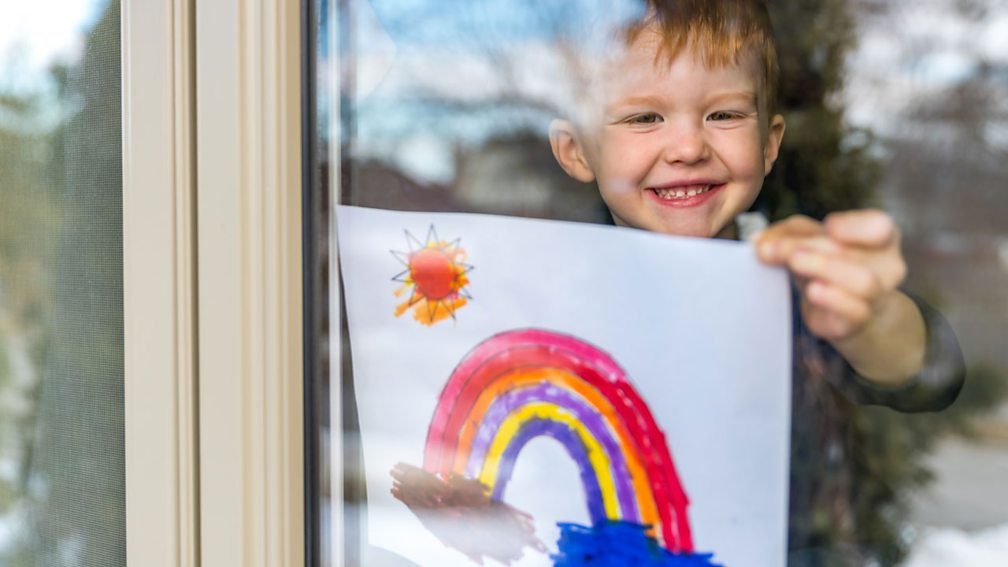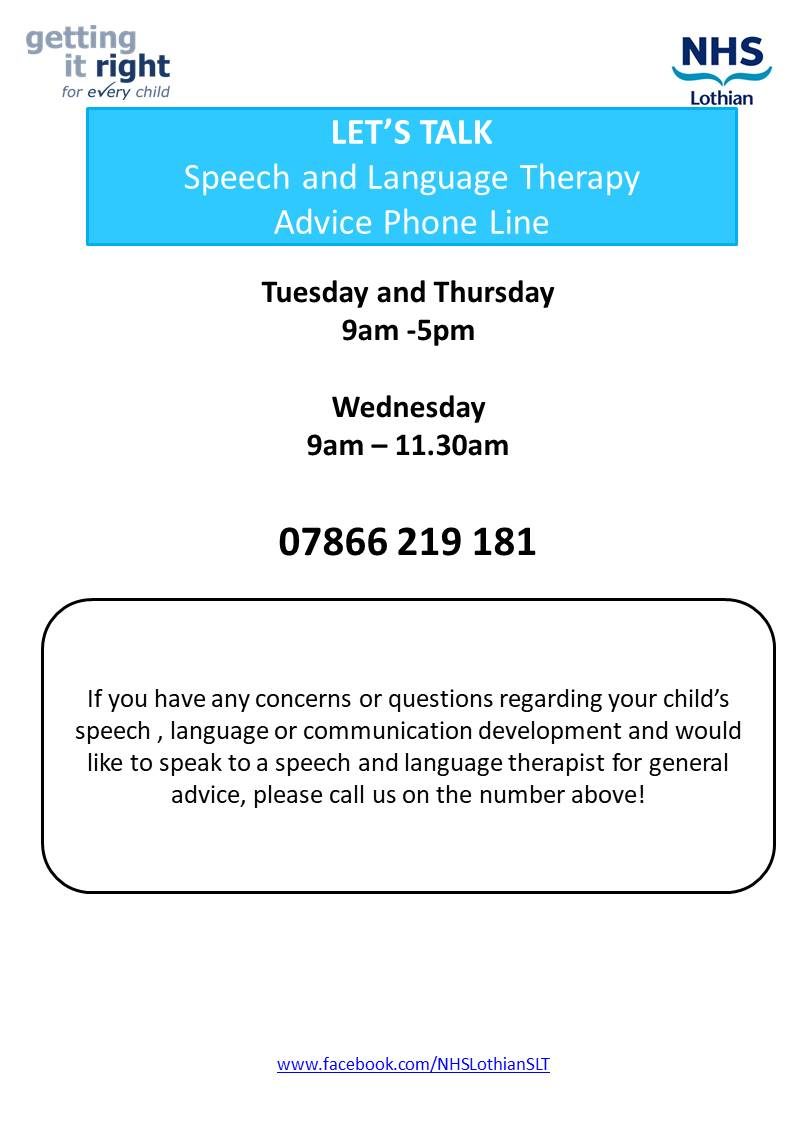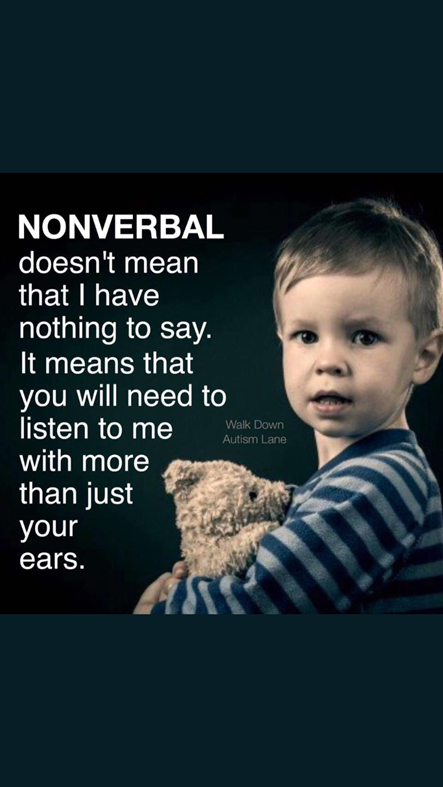
There are a number of building blocks that have to be in place before young children begin to talk and use language. That doesn’t mean they don’t have anything to say – we just have to look a bit closer and listen a bit better to the ‘Pre-Verbal’ messages that children are attempting to communicatie! Play can be really important to support the development of pre-verbal skills and learn about how specific children communicate their messages non-verbally. Some children, with the right support, can do this really successfully. With the current Social Distancing measures and our increased use of gesture and expression to communicate, maybe our little ones can teach us a thing or two!!!
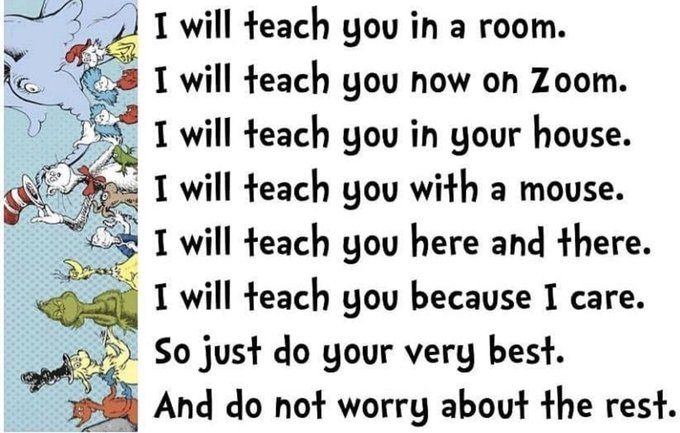
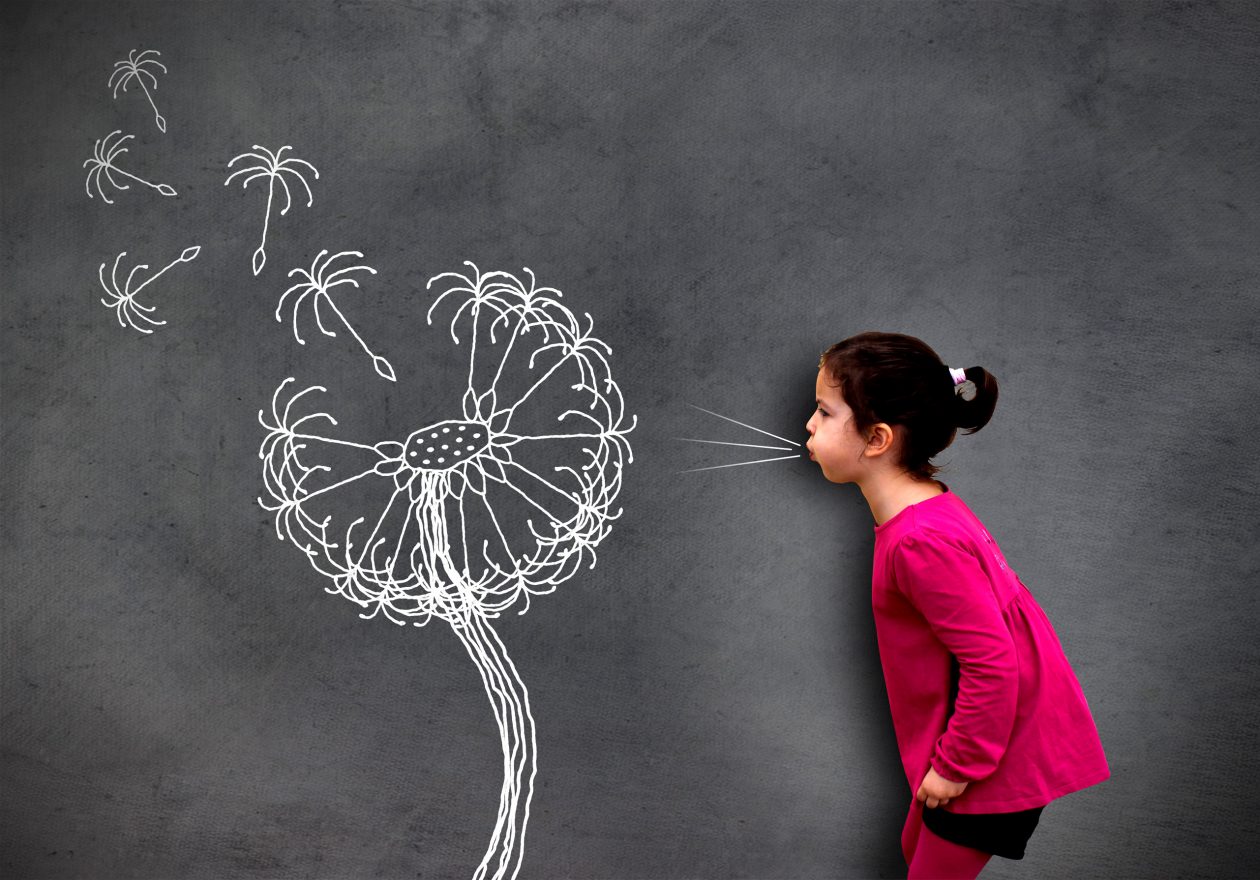
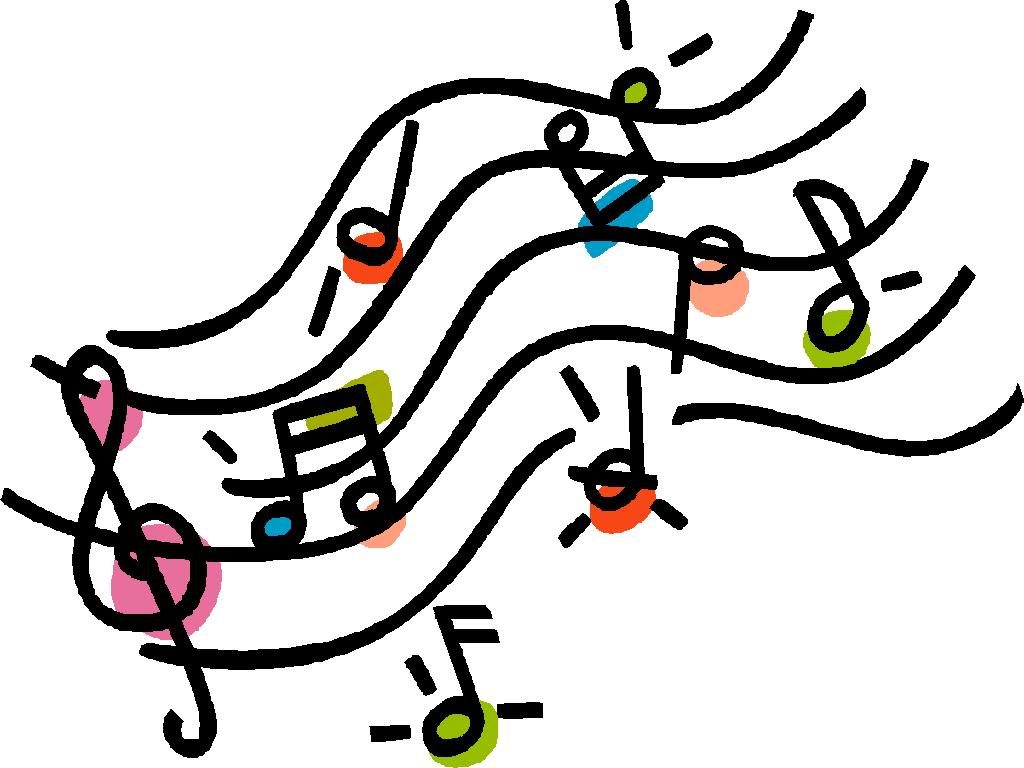 Check out some Early Learning tips to support your child to get the most from everyday music and rhymes at home.
Check out some Early Learning tips to support your child to get the most from everyday music and rhymes at home. 
